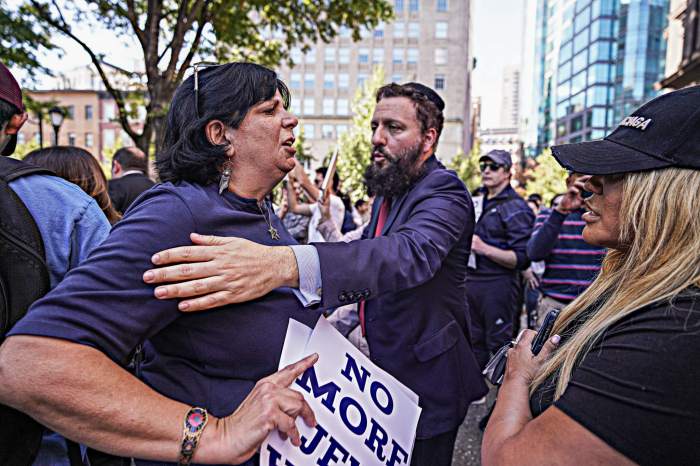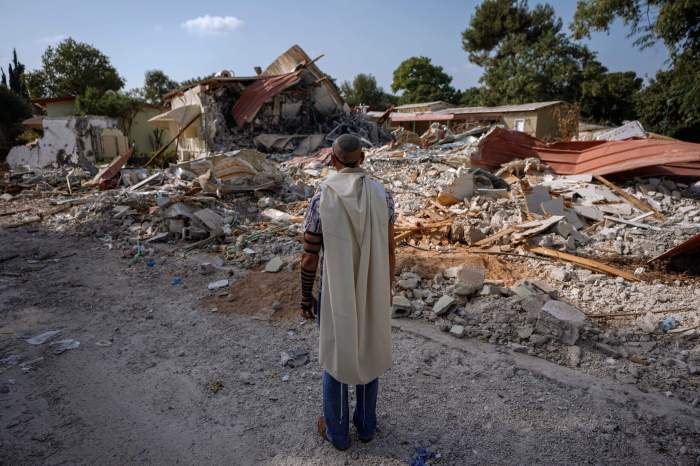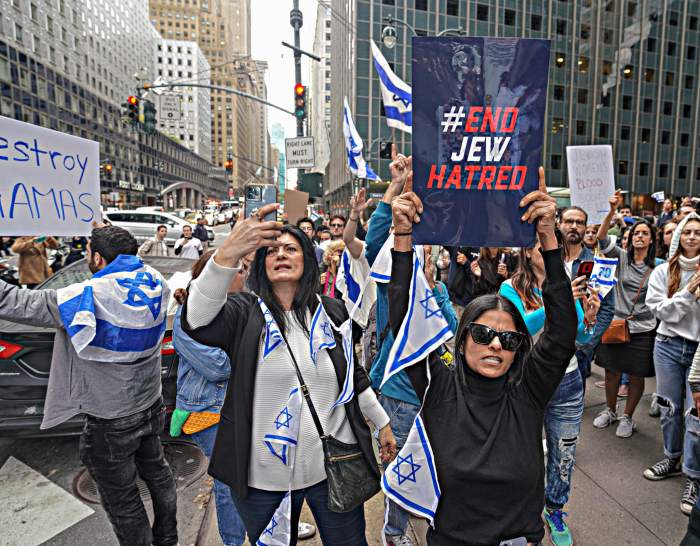
Can stop and frisk be fixed? Is there really a way to use this crucial policing tool without violating the constitutional rights of citizens — especially minorities who live in high-crime neighborhoods?
Put us down for a resounding yes. But in New York, a successful program will demand some big changes in who patrols our streets and how.
NYPD Commissioner Bill Bratton seems eager to accept the challenge. Yet he’ll need solid support from the police unions, the City Council, and from residents of all city neighborhoods — rich or poor, minority or otherwise.
He doesn’t have the luxury of time.
Mayor Bill de Blasio wants to settle up with the federal courts immediately. A federal judge last summer declared New York’s stop-and-frisk program discriminatory. So Bratton must now reboot his tactical operation with a new federal overseer and a new inspector general — courtesy of the City Council — looking over his shoulder.
He appears undaunted. Reports say the commissioner is preparing to make one major change. He wants to assign rookies to precinct houses and experienced street cops back onto beats in the city’s 76 police precincts.
Then-NYPD Commissioner Ray Kelly did it the other way around when budget cuts slashed his force from 41,000 cops to around 35,000. Then the rookies went into Operation Impact, aimed at curtailing drug dealing and other street crimes. Operation Impact made heavy use of stop and frisk. Rookies generally worked in pairs, and some say they were loosely supervised.
Being new to a neighborhood, they couldn’t always tell the good guys from the bad guys — the kids merely hanging out to socialize and others hanging out to deal drugs. The result was a stop-and-frisk program that freed about 90 percent of those it stopped and propelled entire communities into understandable fury.
Bratton must fix this — tightening supervision, ingraining in cops what’s reasonable suspicion for stops and what’s not, enlisting community support, and satisfying his new overseers. It won’t be easy, but it’s gotta happen.

















